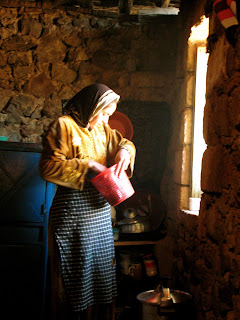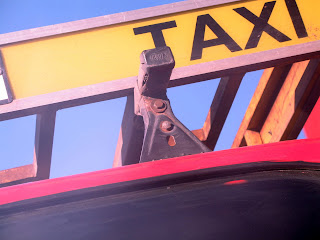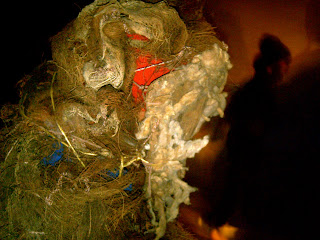I’m in the midst of the busiest time of my service. Here's my current schedule.
Environmental Education Programming
-Summer Booth: make sure there’s enough handouts, etc
-Club: advertise
-Mural: no funding yet, delay project till spring
Vetiver Wastewater Management Project
-Approval to lay 6-8 rows of vetiver/rock barriers through mile long polluted stream.
-Concerned about vetiver runoff in flood, no soil to grow in. Not a big issue
-Secure rocks with chain link, vetiver in barrels

Tree Planting
-Fall at school (small #), Spring in community (5000)
-Need to map houses, allot tree amounts (work with Hamada)
-Wanting olive, almond, and fruit trees
Rosemary and Cheese Co-ops
-Talk with Kareem about cheese factory products marketing, design, and advertising
-Holland NGO Human Force has begun marketing, Talk with them.
-Rosemary- 20k hectares up for sale and no buyer. Need interest from someone locally- then will start project
-Get Paula info and photos of new rosemary building and schedule tentative date for her visit.
Ecotourism
-Create potential plan and itinerary for Summer 08
-Give to Mo to revise, translate to French
-Give to association to act on
Artisans
-Found artisans in town; talk to them about assisting and connect with Kareem.
Toilet project
-Plans drawn for mosque toilet, need to implement
-Push septic design, but probably settle for raised latrine
-Stress seriousness of shallow water table
GPS Training Followup
-Give new MapInfo to EF tech's and answer ?s.
Zimbabwe Hut
-Write grant, gather materials, and start project with Hassan after Ramadan.

SIBE EE posters
-Gather gazelle materials and discuss with Justin.
Plant survey of Gafait
-Photos gathered, consolidate into book with FileMaker, and present to EF.











































 There's 3 new signs like this posted in Jerada representing a donkey or mule drawn wagon. In close proximity to most cities and towns, vehicles share road space with wagons transporting souk goods, produce, etc. In Jerada, however, most wagons are carrying coal from the remains of the French turned Moroccan mines closed two decades ago, with drivers' faces and clothing blackened. They're transporting the coal outside of town, where a full load can fetch 500 Dhms. Therefore, these signs for me memoralize those men with charred faces.
There's 3 new signs like this posted in Jerada representing a donkey or mule drawn wagon. In close proximity to most cities and towns, vehicles share road space with wagons transporting souk goods, produce, etc. In Jerada, however, most wagons are carrying coal from the remains of the French turned Moroccan mines closed two decades ago, with drivers' faces and clothing blackened. They're transporting the coal outside of town, where a full load can fetch 500 Dhms. Therefore, these signs for me memoralize those men with charred faces.






